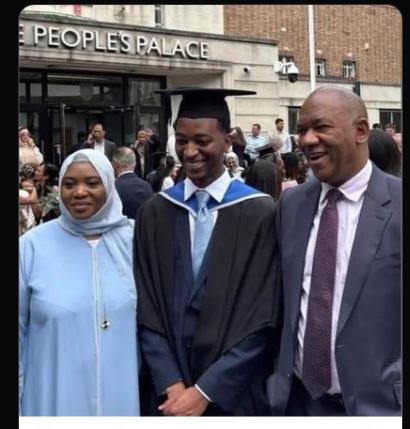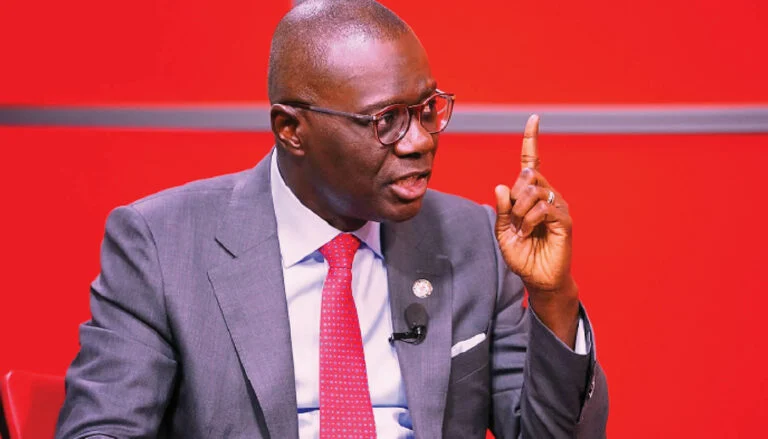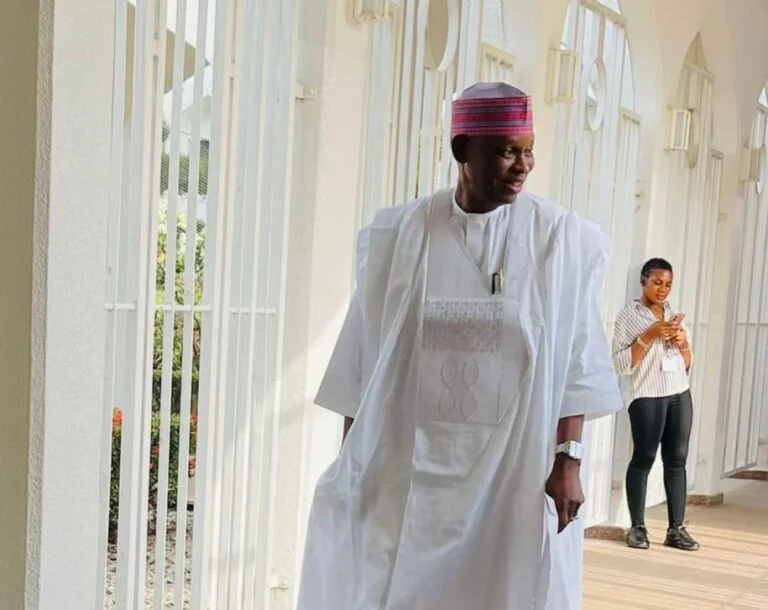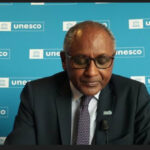Datti Baba‑Ahmed’s Son Graduates from UK, Sparks National Outcry

A photograph of Yusuf Datti Baba‑Ahmed, the founder and Pro‑Chancellor of Baze University, beaming proudly at his son’s graduation from Queen Mary University of London, has ignited a fierce debate across Nigeria’s social and digital spheres.
Human rights lawyer Deji Adeyanju, a former first‑class law graduate of Baze University, sharply questioned the decision. “They don’t believe in Nigeria, but they have their audience,” he said, pointing out the irony of running one of the costliest private universities in the country while educating one’s own child. Baze reportedly charges between ₦2.7 million and ₦4.5 million per session depending on the program.
Critics argue this move undercuts public confidence in Nigerian institutions and reflects endemic elitism among political and business leaders.
Some voices urged a more nuanced view. Senator Shehu Sani, a former Kaduna legislator, argued that Baba‑Ahmed should not face backlash over a personal decision involving private funds unrelated to public office ([gistreach.com][4]). Others noted the practicality of exposure to global networks, resources, and stable academic climates as factors influencing parents’ choices.
The incident has revived larger questions about why Nigeria’s elite build and invest in domestic universities, hospitals, and other institutions they themselves often do not trust. Many see this as symbolic of a deep disconnect: private institutions receive private patronage, while the broader public education and health systems remain neglected.
In particular, critics argue that elite children educated overseas contribute to a self‑perpetuating cycle: investment flows into foreign systems, while local systems remain underfunded, reinforcing the perception that Nigerian institutions cannot deliver global standards.
Founded to offer stability and quality in Nigerian tertiary education, Baze University has earned accolades for consistent academic calendars, infrastructure, and prominent graduate outcomes, including alumni like Rotimi Amaechi, Osita Chidoka, and Dino Melaye ([QED.NG][2]). Yet the university’s glowing reputation has not shielded its founder from the charge that personal educational choices undermine public trust in the institution.
As Nigerians continue to debate online, the incident underscores unresolved tensions: can private Nigerian universities truly rival global institutions? And if elite insiders reject local options for their own families, what message does that send to prospective students and to national development?









